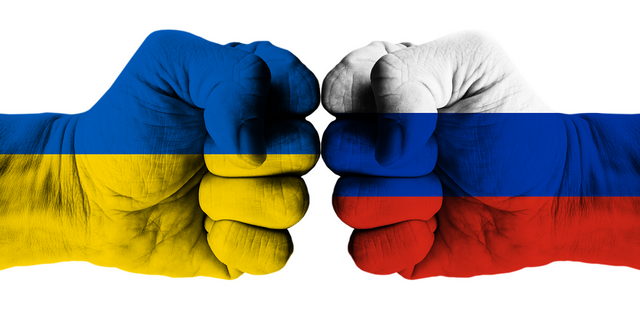There is a regularity already discovered in sociology. If the event is not directly related to the interests of the citizen or group, he or she tends to defend a point of view that is consistent with his or her pre-existing beliefs and that he or she seeks information to substantiate. The opposite is also true. If the issue is directly related to us, propaganda will not help here. No propagandist, no matter how skilled, will convince us that the price of potatoes has not risen. Another issue is that the majority of Armenian citizens are convinced that the “former” are to blame. But it is already a matter of interpretation, that is, with what “glasses” we look at reality. (Let me say at once that there is no one in the world without such “glasses”).
The war in Ukraine does not concern us in the usual, everyday sense, just like the price of potatoes. Therefore, we form our opinion using the sources that are most available to us and that confirm our beliefs (confirmation bias). To find out about these events, most Armenians use Russian federal channels, which are broadcast in our country. Even before the war, hundreds of thousands of people were educated by that propaganda, not to mention that the elderly are still under the influence of Soviet propaganda. Given this, it is not at all surprising that the main opinion formed in our society is the following: “Yes, war is a bad thing, it’s sad that people are dying, but what would Putin do if he let NATO attack Russia?”
There is, of course, a certain mass that has been brought up in the spirit of anti-Russianism and uses only Ukrainian and Western sources. Such people, seeing that Aravot also publishes the official reports of the Russian side about the war, write in the comments that I am a “Russian fascist” and a “KGB agent.” The situation is the same, of course, in the inner life of Armenia, where people are in the dilemma of “thieves” – “land-givers.”
Convincing people influenced by propaganda from one side or the other is, of course, ungrateful. On the other hand, it is also wrong to give up and not try to accustom people to more complex thinking. On this occasion, let me quote from an article by Max Weber, a German sociologist of the early 20th century. “When considering any issue, the scientist must limit his problem and eliminate everything that has nothing to do with the case, first of all, his love and hatred.” Although we are talking about scientists, I think that appeal should be extended to any analyst.
Read also
Aram Abrahamyan




















































